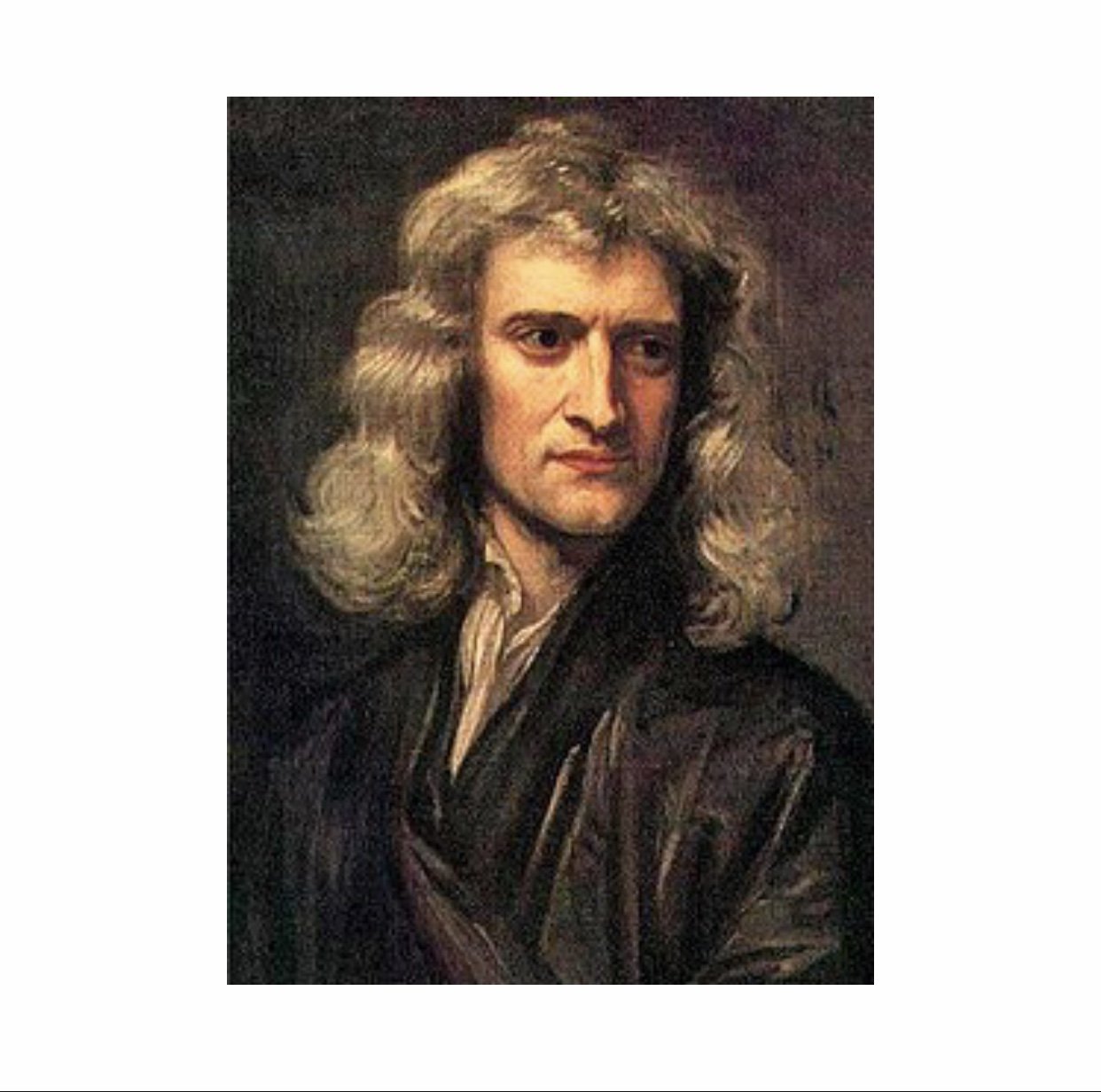
Philosophical Interpretation of Newton’s Laws of Motion
Modern religion needs to have a proper balance between science and philosophy. We all know the greatest three laws of motion that Newton put forward. Here is the philosophical interpretation of Newton’s Laws of Motion.
First law: Every object continues its state of rest or uniform motion in a straight line if no net force acts upon it.
In Bhagvad Gita 3: 40, Lord Krishna has mentioned that
- Sense organs, mind and wisdom are the resting places of desire. This covers the ultimate truth and makes us blind.
Mind runs after sense organs due to desires unless a net force i.e. wisdom acts upon it and controls the mind.
In Bhagvad Gita 3:43, Lord Krishna has mentioned that
- One should get hold of mind through wisdom; thereby one should remove his ultimate enemy, desire.
Second law: The rate of change of momentum of a body is proportional to the applied force and takes place in the direction of force.
In Bhagvad Gita, 2: 62, 63, Lord Krishna has mentioned that-
- If we think about worldly pleasures, we will fall down into the dark. If we meditate about almighty, we will achieve the highest position i.e., the almighty’s state
Human being tends to travel in the path in which he applies force i.e., if he meditates about god always he will reach the God. If he meditates about worldly pleasures, he will fall into the wheel of samsara( birth and rebirth cycle)
Third Law: To every action there is an equal and opposite reaction.
Similarly, in the first verse of Dhammapada, Lord Buddha has annoted that, “ all that we are, is the result of what we have thought. It is founded on our thoughts. It is made up of our thoughts. If one speaks or acts with an evil thought, pain follows one, as the wheel follows the foot of the ox that draws the wagon.”
Hence if we commit sinful action, it will give an equal and opposite reaction in the form of pain. Human being cannot avoid it under any circumstances.

